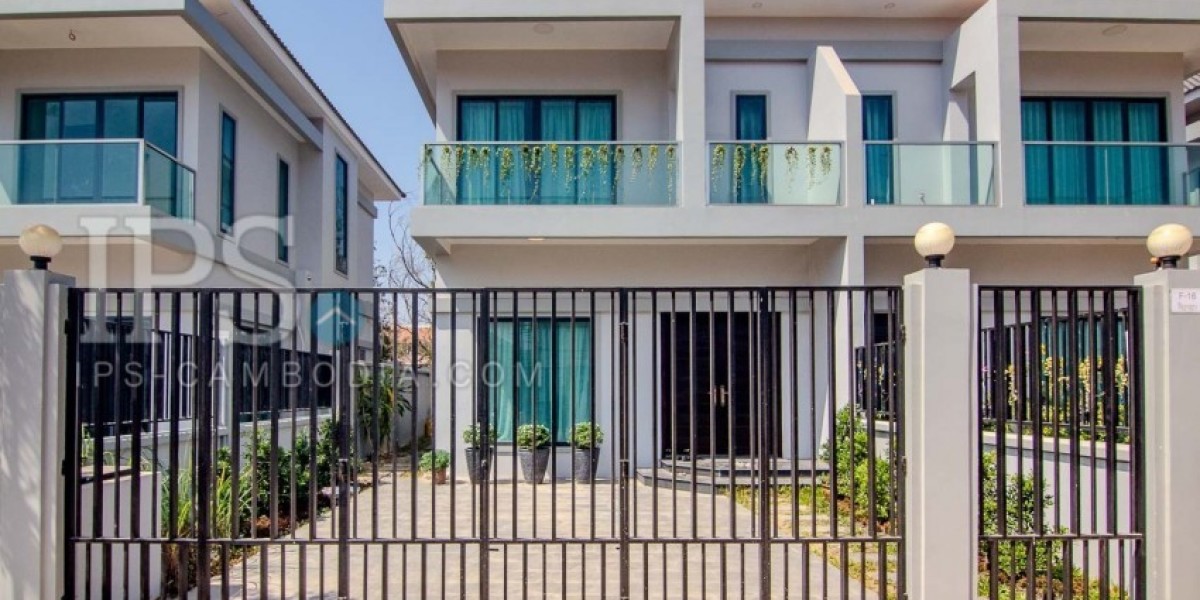Fencing is an essential part of any property, whether residential or commercial. It defines boundaries, offers privacy, enhances security, and even boosts curb appeal. Many homeowners search for fence installation near me when they want to improve their outdoor space or secure their home. Choosing the right type of fence and hiring skilled professionals can make all the difference in durability and appearance.
This article explores why fences are important, the different types available, factors to consider before installation, and tips on choosing the right contractor.
Why Install a Fence?
There are several reasons property owners decide to install a fence:
Privacy – A well-designed fence blocks unwanted attention and creates a private outdoor living space.
Security – Fences deter trespassers and keep children or pets safely inside the property.
Curb Appeal – The right fencing style complements landscaping and architecture, making your property look more attractive.
Property Value – A durable, professionally installed fence can increase resale value.
Boundary Definition – Clearly marks property lines and avoids disputes with neighbors.
Types of Fences
Different fencing materials and designs are suited for different purposes. Here are the most popular options:
Wooden Fences
Wood is a timeless and versatile choice. It provides a natural look and can be painted or stained. However, wood requires regular maintenance to prevent damage from weather and insects.
Vinyl Fences
Vinyl is durable, weather-resistant, and low-maintenance. Unlike wood, it doesn’t need painting and is easy to clean, making it a great long-term investment.
Chain-Link Fences
Affordable and practical, chain-link fences are commonly used for schools, backyards, and commercial spaces. While they may not be highly decorative, they provide excellent security.
Metal Fences
Aluminum and wrought iron fences are popular for their strength and elegance. Wrought iron adds a luxurious appearance, while aluminum offers durability with minimal upkeep.
Composite Fences
Composite fences combine wood fibers with recycled plastic. They mimic the look of wood while offering greater durability and resistance to rot.
Things to Consider Before Installation
Before you begin, there are several factors you should think about:
Purpose – Are you installing the fence mainly for privacy, security, or decoration?
Budget – Costs vary by material, size, and style.
Climate – Weather conditions affect durability. For example, vinyl is ideal for humid climates, while metal works better in dry regions.
Local Laws – Always check local regulations and homeowner association rules before installation.
Design – Choose a style that complements your home and landscaping.
Maintenance – Consider how much effort you’re willing to put into upkeep.
DIY vs. Professional Installation
Installing a fence on your own might save money, but it requires tools, skills, and time. Mistakes can lead to uneven panels, weak posts, or costly repairs.
That’s why many homeowners prefer professional services. When you search for fence installation near me, you’ll find local contractors who bring expertise, proper tools, and knowledge of local codes. Professionals also provide warranties, ensuring long-lasting results.
Choosing the Right Contractor
Here are some tips to find the best fencing company:
Experience – Look for contractors with years of proven work in fencing.
Reputation – Read online reviews and ask for recommendations.
Portfolio – Ask for photos of previous projects to evaluate workmanship.
Transparency – Get detailed cost estimates to avoid hidden charges.
Warranty – Reliable companies usually offer guarantees on materials and labor.
Timeline – Confirm the project’s expected completion date.
Cost of Fence Installation
The cost depends on multiple factors such as material, length, height, and customization. On average:
Wooden fences – $15–$30 per linear foot
Vinyl fences – $20–$40 per linear foot
Chain-link fences – $10–$20 per linear foot
Metal fences – $25–$50 per linear foot
Additional features like gates, decorative posts, or custom finishes can increase the price.
Installation Process
Here’s what typically happens during fence installation:
Site inspection and measurements – Contractors mark property lines.
Planning and permits – Necessary approvals are obtained.
Post installation – Fence posts are placed securely into the ground.
Fence panels or rails – Boards or panels are attached to the posts.
Finishing touches – Painting, staining, or sealing if needed.
The process may take a few days depending on the size of the project and weather conditions.
Fence Maintenance Tips
Wood – Stain or paint every few years to prevent rot.
Vinyl – Wash with soap and water to keep it looking new.
Metal – Inspect for rust and apply protective coatings.
Chain-link – Remove vegetation that may weaken the structure.
Regular maintenance ensures your fence remains strong and attractive for years.
Final Thoughts
A fence is more than just a barrier – it’s an investment in privacy, safety, and beauty. From wood to vinyl, metal to composite, there is a fence for every need and budget. By choosing the right material and hiring professional installers, you ensure long-lasting results.
If you’re ready to upgrade your property, start by identifying your purpose, setting a budget, and researching local professionals. With the right approach, your new fence will enhance your property’s security and style for years to come.






